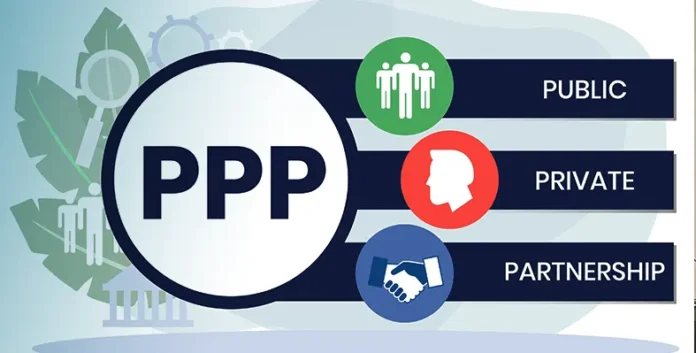By: Staff Writer
September 14, Colombo (LNW): Sri Lanka is preparing to usher in a landmark Public-Private Partnership (PPP) law, a move that could redefine the country’s development model by shifting more responsibility for infrastructure and public services to private investors.
With fiscal constraints limiting the state’s capacity to fund large projects, the new PPP Act drafted by the Finance Ministry seeks to provide a uniform legal and institutional framework to attract private capital while ensuring accountability and transparency.
At the heart of the legislation is the creation of a National Agency for Public Private Partnerships, mandated to oversee the full lifecycle of PPP projects.
This agency will handle everything from project identification and feasibility assessments to procurement and contract monitoringareas that have historically been fragmented across multiple state institutions, leading to duplication, inefficiency, and political interference.
Proponents argue that the new law marks a decisive break from Sri Lanka’s ad hoc approach to PPPs, which has often left projects exposed to inflated costs, poor management, and unfavorable terms for the state.
The draft Act introduces rigorous value-for-money and feasibility assessments, alignment with the Public Finance Management Act No. 44 of 2024, and integration with national procurement standards.
This principle-based approach is expected to curb politically motivated or financially unsustainable projects, a recurring criticism of past PPP initiatives.
The law also emphasizes capacity-building within the public sector. Officials will undergo systematic training in negotiating and managing complex PPP contracts an area where Sri Lanka has previously suffered, with inadequate expertise resulting in lopsided agreements that favored private players.
If properly implemented, this training component could help level the playing field and safeguard public interests in future contracts.
However, the reform is not without risks. Analysts caution that the effectiveness of the PPP Act hinges on the independence of the new National Agency.
Without robust safeguards against political interference, even the strongest legal framework could be undermined. Critics also point to Sri Lanka’s uneven track record in governance, warning that transparency promises must be matched with enforcement mechanisms.
For investors, the Act signals greater policy stability, potentially boosting foreign and domestic confidence at a time when the country urgently needs capital inflows. Yet the ultimate test will be in execution: whether projects are selected on merit, contracts remain transparent, and the government resists the temptation to use PPPs as a quick fix for short-term political gains.
If successful, the PPP Act could emerge as a cornerstone of Sri Lanka’s economic recovery, balancing scarce state resources with private sector efficiency. But if implementation falters, it risks becoming another layer of bureaucracy that fails to deliver the transformative impact the country urgently needs.
